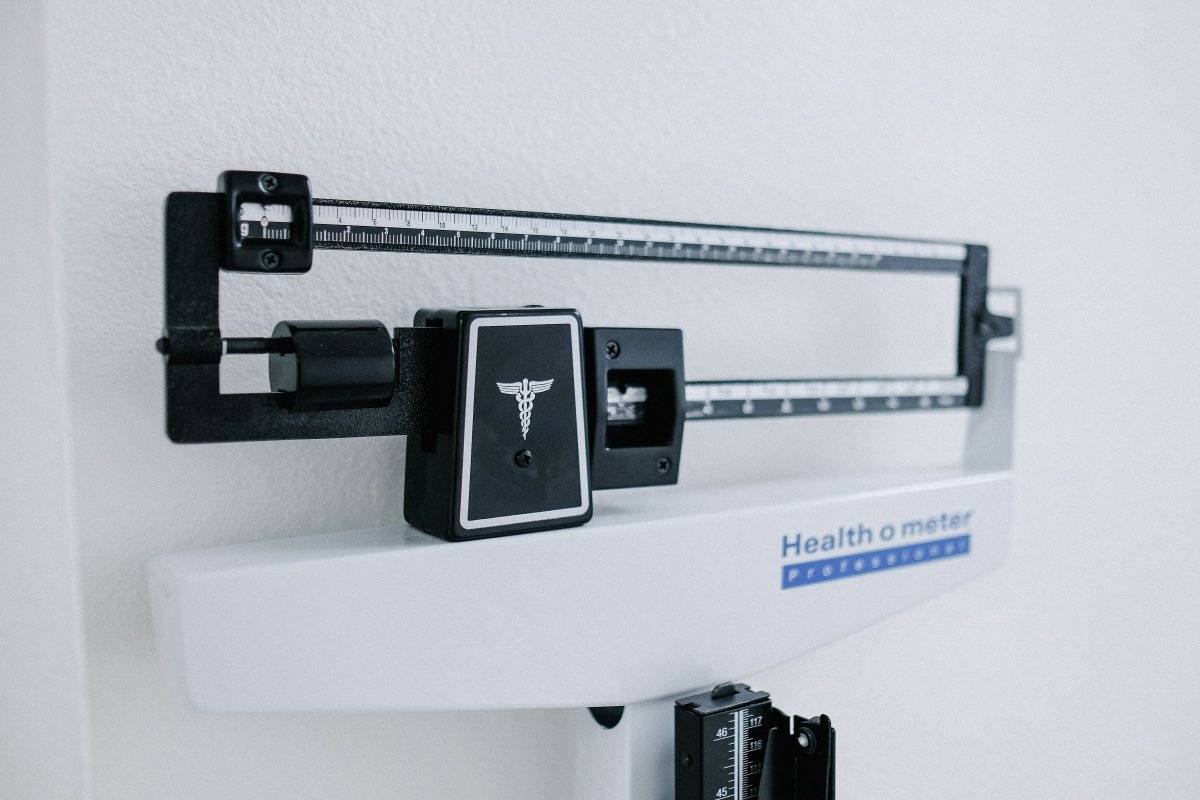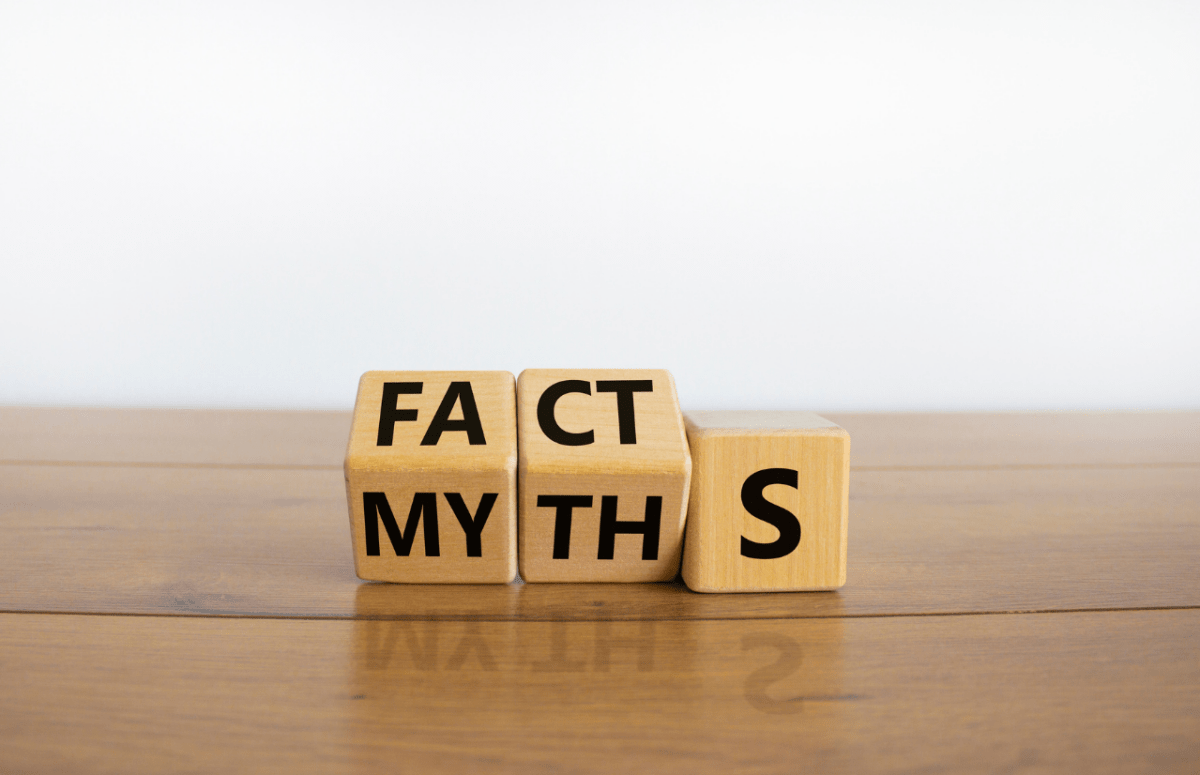As temperatures rise and holiday wardrobes re-emerge, so too does the seasonal pressure to slim down fast. From juice cleanses to "sweat more, weigh less" workouts, summer weight loss myths are everywhere; often dressed up as health advice but offering very little evidence to back them up.
At our online pharmacy, we believe in science-backed, sustainable approaches to weight management. So we’re setting the record straight on some of the most common misconceptions about weight loss during the warmer months, and highlighting what actually works if you’re aiming for long-term progress.
1. Myth: Sweating More Means You’re Burning More Fat
Reality: Sweat is not a measure of fat loss.
It’s a common belief that the more you sweat, the more weight you're losing. But sweating is simply your body’s way of cooling itself, not an indicator of fat being burned.
According to the British Journal of Sports Medicine, sweat-induced weight loss is almost entirely water loss, which returns as soon as you rehydrate. While exercise is important, fat loss occurs primarily when there's a sustained calorie deficit over time, not from temporary water weight.
Tip: Focus on regular, moderate activity like walking, swimming, or cycling, all great summer options, rather than relying on how much you sweat as a progress marker.
2. Myth: Skipping Meals in the Heat Helps You Lose Weight Faster
Reality: Meal skipping can disrupt appetite regulation and lead to overeating.
Hot weather can suppress appetite, and some use this as an excuse to skip meals altogether. While you might feel less hungry at times, skipping meals can cause your blood sugar to dip, increasing cravings and the likelihood of overeating later, especially at night.
A 2020 review in Nutrients noted that meal regularity and balanced eating throughout the day are associated with healthier weight outcomes. Skipping meals may also impact your mood, energy, and metabolism.
Tip: Opt for lighter, nutrient-dense meals that keep you energised. Think grilled vegetables, lean protein, and fresh fruit, rather than cutting meals out completely.
3. Myth: All Holiday Weight Gain Comes From Overeating
Reality: Travel, sleep, and alcohol also play key roles.
Heading to Europe for the summer? It’s easy to assume that weight gain during holidays is just about extra food. But sleep disruption, jet lag, alcohol, and stress all play a part in how your body processes food and stores fat.
A study from The Journal of Clinical Endocrinology & Metabolism showed that short-term sleep deprivation can increase hunger hormones like ghrelin while reducing satiety hormones like leptin, especially when paired with alcohol and disrupted eating patterns.
Tip: Enjoy local cuisine, but try to anchor your day with structure: stay hydrated, prioritise quality sleep, and incorporate movement. Even if it’s just a walk to explore the local area.
4. Myth: A Detox or Cleanse Is the Perfect Summer Kickstart
Reality: Your body detoxes itself, and needs nutrients to do so.
Detox teas, juice cleanses and restrictive “summer shred” diets may promise quick results, but they often rely on extreme calorie restriction that isn't sustainable, or safe. These approaches can also lead to muscle loss, fatigue, and rebound weight gain.
The NHS clearly states that the liver, kidneys and digestive system are already equipped to remove toxins from the body, without the help of expensive or restrictive regimens.
Tip: Support your natural detox systems with fibre-rich foods, hydration, sleep, and movement. Not by depriving your body of what it needs.
What Actually Works This Summer?
So, what should you focus on if you're aiming to manage your weight over the summer? The evidence consistently supports:
-
Hydration: Especially in heat, water supports metabolism and reduces false hunger signals.
-
Consistency over intensity: Regular habits like daily movement and balanced eating trump quick fixes.
-
Sleep and recovery: Often overlooked, but essential for hormonal balance and appetite regulation.
-
Sustainable structure: Choose habits you can maintain beyond the holiday, not just for a week in June.
Whether you're navigating BBQs in the UK or enjoying long evenings on a European terrace, understanding what actually works for weight management can help you feel in control, informed, and confident, without falling for the myths.
Sources:
-
Cheuvront SN, Kenefick RW. Dehydration: Physiology, assessment, and performance effects. Comprehensive Physiology, 2014.
-
St-Onge M-P, et al. Sleep and diet: mounting evidence of a cyclical relationship. Annual Review of Nutrition, 2016.
-
Westerterp-Plantenga MS. Sleep, circadian rhythm and weight management. Nutrients, 2020.
-
Public Health England. The Eatwell Guide. 2022.
-
NHS. The truth about detox diets. nhs.uk.





Share:
How to Sustain Weight Loss: Practical Tips for Lasting Change
The Role of Resistance Training in Shaping Your Body During Weight Loss